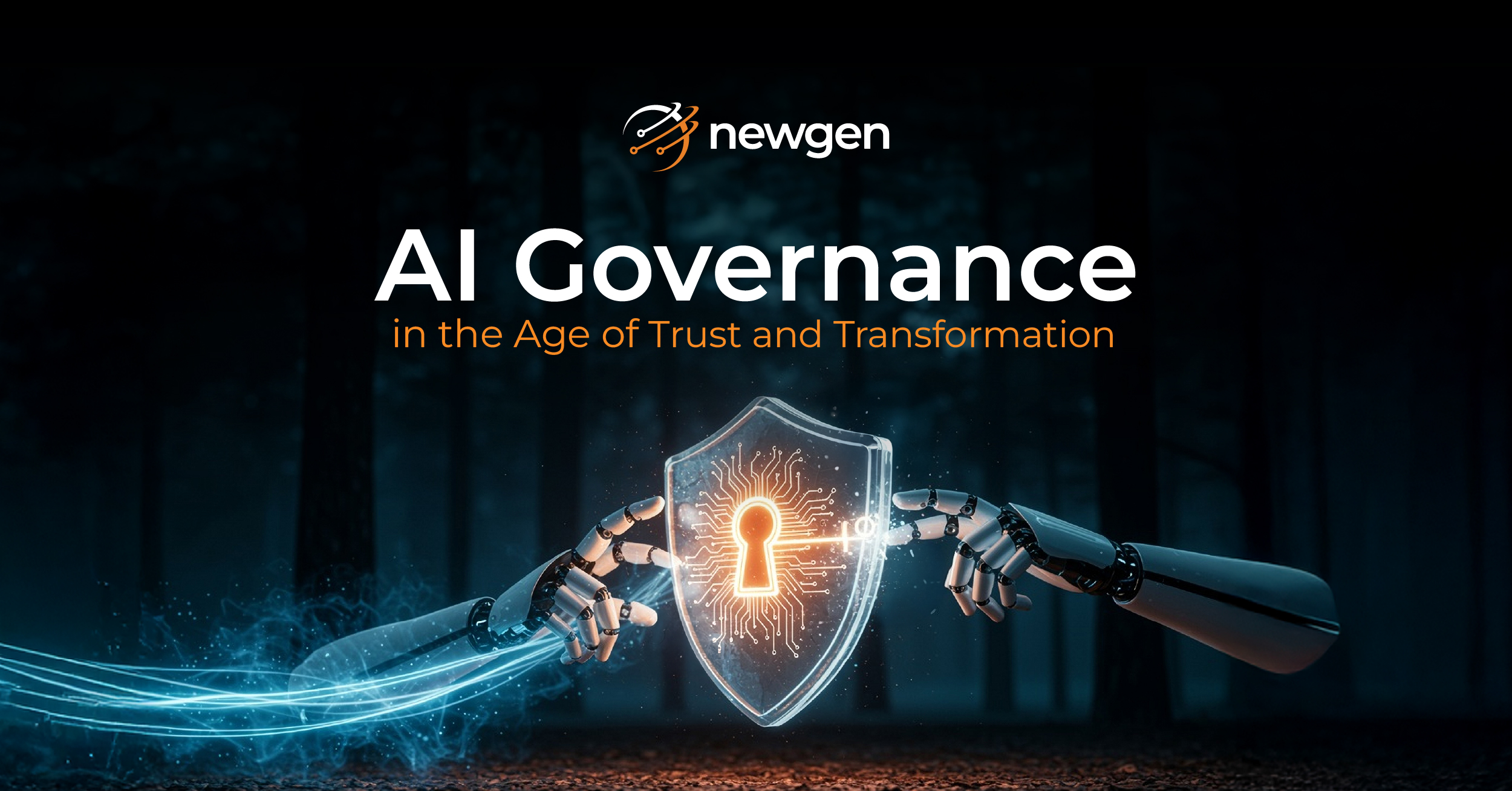Understanding Metadata
Your enterprise content—structured and unstructured—is the most important resource in the organization. And content without context has limited business value. With the explosion of data volume in recent times, it has become a necessity to have a holistic content management strategy to better leverage, manage, and harness the information residing in multiple systems. And metadata lies at the core of content management strategy.
A metadata-driven approach to manage enterprise content has a game-changing potential. It allows organizations to add context to their content, which further helps in making insightful decisions and driving meaningful engagements with customers, partners, and all stakeholders.
In simple terms, metadata describes data and enriches the content with information. This makes it easier to discover, use, and manage enterprise-wide content. It is the essential glue that helps bridge content silos across multiple lines of business, drives processes, enables meaningful content associations, and ensures faster access to precise content sprawled across repositories.
Why Do You Need to Rethink Your Metadata Strategy?
- Metadata is the building block of any content management system. With the content management market moving towards decoupled content services, the use of metadata is also gaining prominence
- Enterprise content without context doesn’t hold any business value. Metadata classifies, organizes, labels, tags, and understands your data. This makes information consumption by users much easier
- Enterprises, like yours, are looking towards metadata services that can be system-generated, user-defined, or intelligently extracted from the content. They want their metadata models to help drive processes, content lifecycles, and other policies and business rules
- Metadata can help to secure your data by intelligently extracting critical information from documents and restricting access to it based on the metadata value. For instance, in the HR department, only members of the HR team can view employee files; in government offices, only security-cleared employees can read and respond to incoming citizen correspondence
- Almost every business process is based on or around content. To achieve complete automation, content must behave as an enabler rather than an inhibitor. This can only be done through metadata, which provides context and acts as a driver for your content-based enterprise applications
- File analytics—one of the most sought-after capabilities these days—needs the help of metadata to uncover hidden insights and identify dark data
There are innumerable use-cases and benefits of metadata. And enterprises can realize its full potential through a structured approach.
Newgen can help you realize the full potential of your content by transforming your metadata usage through our contextual content services platform. Our platform has received the highest possible rating for its metadata services in Forrester Wave: Content Platforms, Q2 2021. Read the complete report for detailed insights.
You might be interested in




